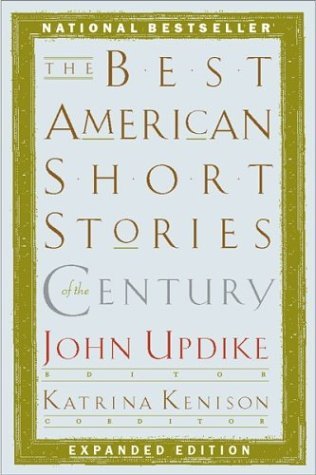And how cunningly spirit and body are knit together. A slip of the knife and you create an idiot. If this is so, why not the reverse? Could you sew and snip, and patch together a genius? What mysteries remain to be revealed in the nervous system, that web of structures both material and ethereal, that network of threads that runs throughout the body, composed of a thousand Ariadne’s clues, all leading to the brain…
I figured it was about time I read something by Margaret Atwood. I selected Alias Grace because it was the only Atwood novel that was still checked in at my library and I’m glad I did. I have not seen any part of the Netflix Original Series based on this novel so I’m not able to make any comparisons.

In 1850’s Canada, Grace Marks, a “celebrated murderess” tells her psychiatrist Dr. Simon that the murder confession she gave to her lawyer during her trial ten years past contained what her lawyer wanted her to say so as to avoid the death penalty (which she did). So as Grace tells her doctor her own story, a seed of doubt is immediately planted in the readers mind about the reliability of Grace’s story. Sometimes unreliable narrators come off as too contrived but Atwood perfectly uses this tool to build the psychological suspense that keeps the reader on the edge of their seat.
Not only do we get Grace’s story but we get the thoughts and reactions of all those around her. Some look at Grace from a spiritual and religious sense either convincing themselves she is a sort of demon or making attempts to save her soul and reform her. Others see her from a scientific and medical standpoint as someone who is either insane and too far gone or as someone who’s mind can be put back together.
Atwood weaves all of these viewpoints together to provide a different type of mystery or thriller. While the reader may not question whether Grace has something to do with the murders of her employers, they don’t know exactly the how and the why of it. That’s the real mystery.
Atwood’s characterization of Grace provides another contrast that adds to the mystery. As Grace tells her experiences to her doctor, the reader gets minute details about her work ethic as a servant. In another story, this might bore the reader but here it provides one more chilling reason to wonder how Grace may have become a murderess. And Grace’s faith adds the final dimension to her mesmerizing story:
As for what I was named after, it might have been the hymn. My mother never said so, but then there were many things she never said.
Amazing Grace! How sweet the sound/That saved a wretch like me!/I once was lost, but now I’m found,/Was blind but now I see.
I hope I was named after it. I would like to be found. I would like to see. Or to be seen. I wonder if, in the eye of God, it amounts to the same thing. As it says in the Bible, For now we see through a glass darkly; but then face to face.
If it is face to face, there must be two looking.
Through Atwood’s storytelling, the reader sees Grace clearer, maybe even “face to face”.





